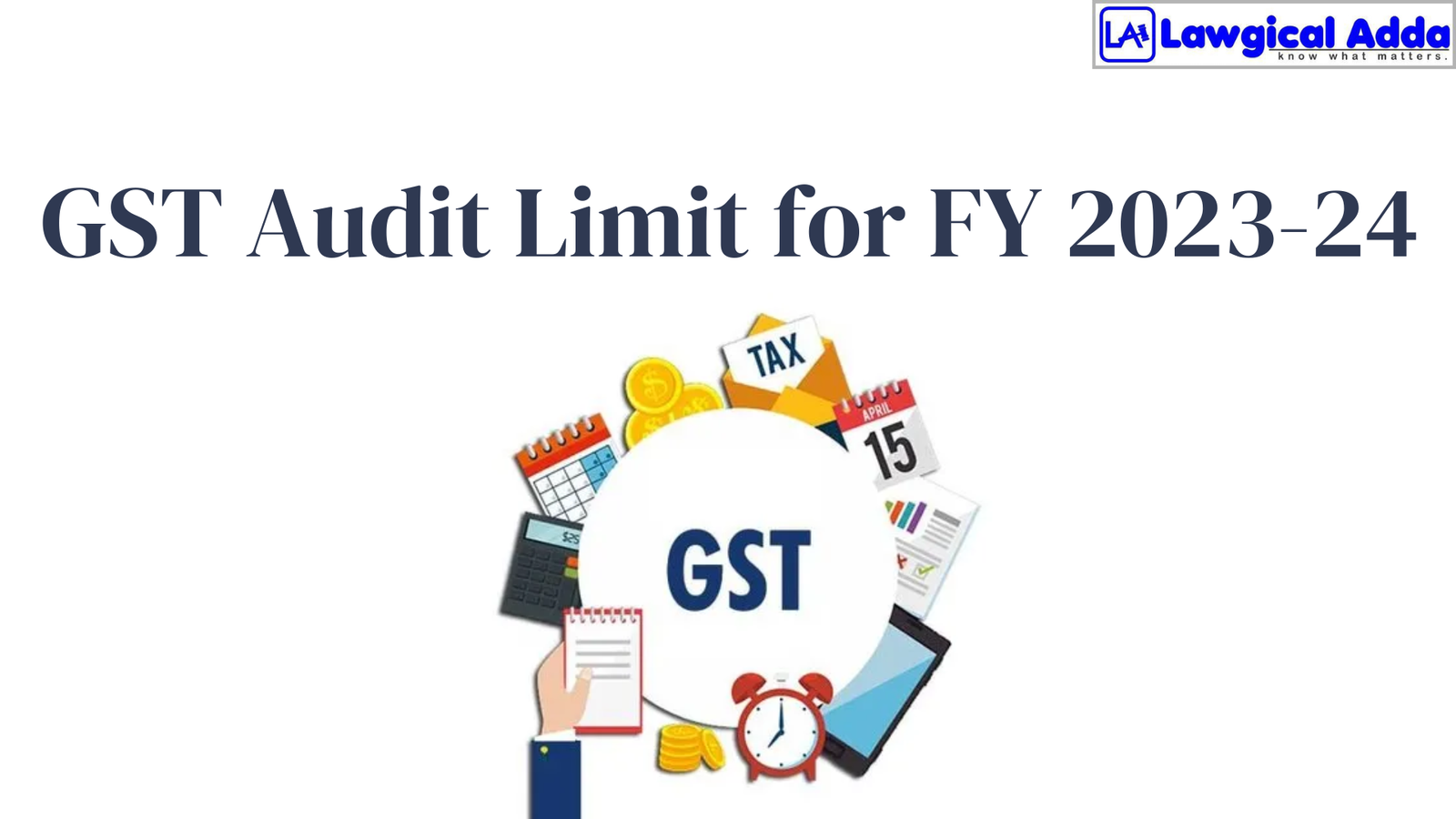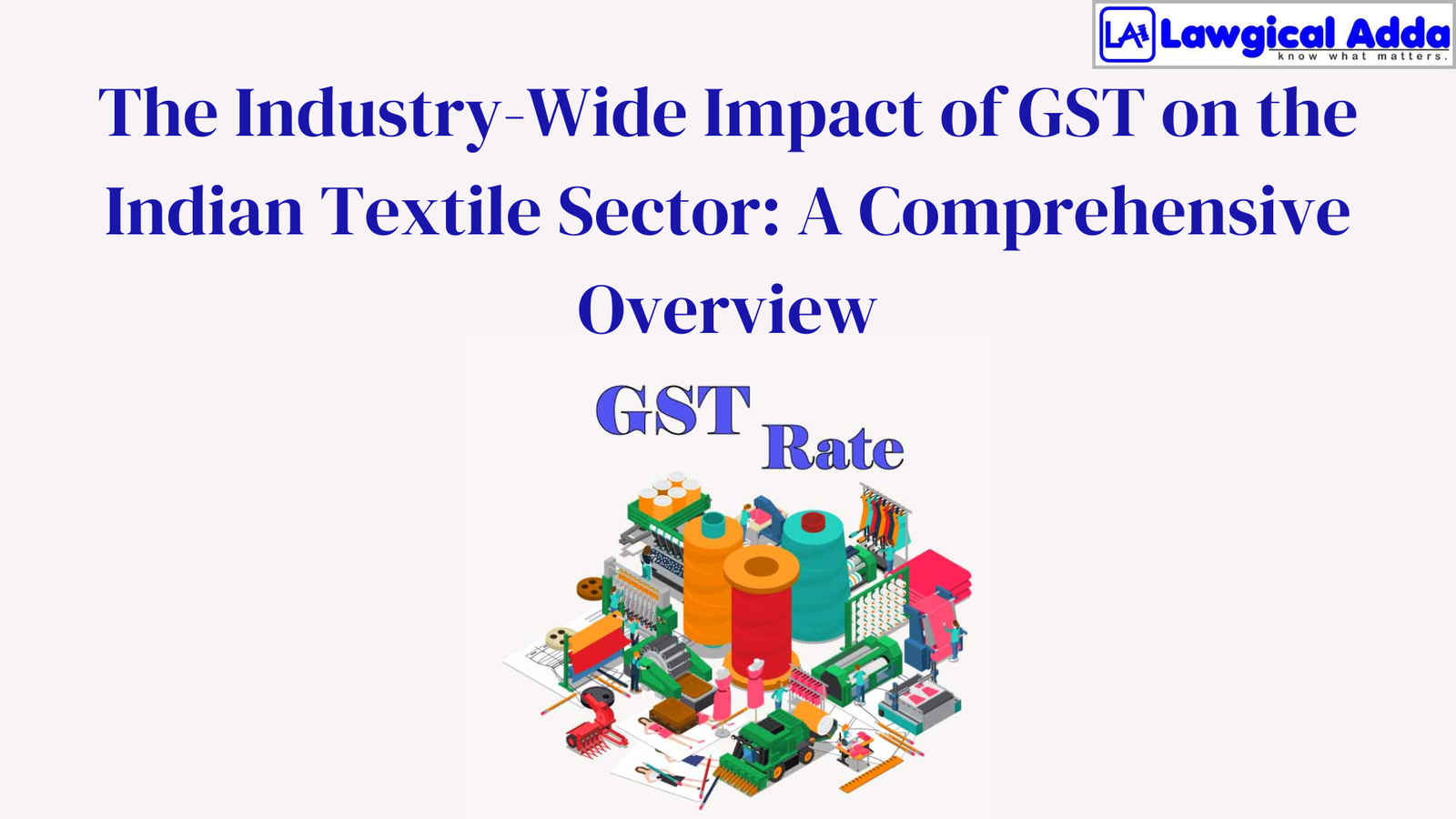GST on Flat Purchases: Tips to Save Money

Table of Contents
Introduction
Buying a house is typically one of the most expensive decisions a person makes, and there could be significant long-term financial consequences.
One must consider a number of expenses, such as insurance, maintenance, taxes, and loan interest payments, when applying for financial aid.
Speaking of taxes, there are several that need to be paid when purchasing a home, such as transfer taxes, GST, property taxes, and mortgage taxes.
GST on residential property purchase
So what is real estate GST? Or what does GST signify when buying a house? To do this, we need to comprehend what GST is.
A value-added tax imposed on the delivery of products and services in India is called the Goods and Services Tax, or GST for short. When buying real estate, the GST is applied to new or under-construction dwellings.
The market value of the property is used to determine the GST on a home purchase. However, a number of variables, including property type, location, building status, ITC, and exemptions, might affect a property’s GST.
It’s crucial to remember that the GST on a house purchase could change depending on laws and rules from the government.
For this reason, it’s best to speak with an expert, like a tax consultant or a real estate agent, to learn about the GST registration fees, GST cancellation fees, and other real estate-specific GST charges before making a purchase.
Buyers of condos and apartments in under-construction developments in India’s megacities would be required to pay GST in 2024. Remember that there is no GST on the purchase of an apartment in a completed development.
A project has been finished and a certificate of completion has been granted by the appropriate authorities. Remember that the input tax credit (ITC) will be subtracted from the increased tax rate for all new projects.
Builders have until May 20, 2019, to decide between the old and new prices for active projects. This discount was only applicable for incomplete projects as of March 31, 2019.
GST Input Tax Credit (ITC)
The ITC system is a distinctive feature of the GST law that distinguishes it from the previous tax framework in India. A real estate developer is required to pay various taxes on the purchasing of goods and services during the course of a home project.
After paying his output tax, the builder would receive an input tax credit under the GST system. For instance, a developer must pay tax on a final product that costs Rs 50,000.
When buying materials like steel, cement, paint, and other items, the builder has already paid an input tax of Rs. 45,000. After deducting the input tax credit in this case, his output tax liability would only be Rs 5,000.
Luxury Real Estate Subject to GST
Rich properties with top-notch amenities, infrastructure, and facilities are referred to as high-end real estate. In the last several years, there has been a notable growth in the luxury property market in India.
The market for luxury real estate has been impacted by the introduction of the Goods and Services Tax (GST), which has fundamentally changed the tax system.
GST on housing society upkeep costs
If a flat owner pays at least Rs 7,500 in maintenance fees, they are required to pay 18% GST. Housing societies or RWAs are required to pay 18% tax on top of the Rs 7,500 monthly per unit that they collect.
GST is not applicable to housing societies with annual turnover under Rs 20 lakhs. Each member must pay more than Rs 7,500 in monthly maintenance fees and the RWA must earn more than Rs 20 lakhs in income annually in order for GST to be applicable.
If a member’s monthly fees are more than Rs 7,500, the entire amount is taxed. The monthly maintenance fees of Rs 9,000 per member are subject to 18% GST on units. Individual taxes will be applied to several flat owners in the same housing society.
Frequently Asked Questions
- Is GST applied to real estate?
Yes, depending on the type of property, real estate in India is subject to GST (Goods and Services Tax).
- How may GST be avoided while buying a flat?
The government levies GST, which is an obligatory tax that cannot be evaded. However, as completed apartments and houses that are ready for occupancy are exempt from GST, buyers can avoid paying it by choosing to acquire one of these types of properties.
- What is the business property tax (GST)?
The GST rate applicable to commercial property is 12%.
GST is an easy-to-understand method of paying taxes. While it may take SMEs some time to adjust to the digital age, they will eventually find it simple.
Get Your GST Compliance Sorted with Lawgical Adda! Whether it’s GST Registration, GST Return Filings, GST Annual Returns, GST LUT Filings, or GST Registration Cancellation, we’ve got you covered!
Lawgical Adda offers a comprehensive solution to handle all your GST compliance needs with ease and efficiency. Need expert help? Contact us today and let us take care of your GST obligations so you can focus on growing your business!







